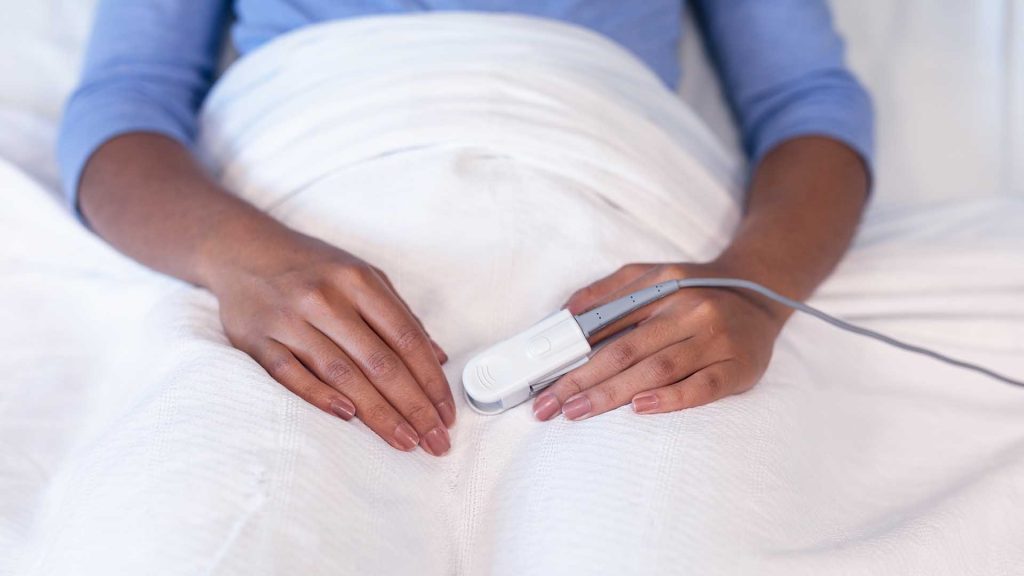What Is Withdrawal?

Symptoms of Alcohol Withdrawal
The symptoms of alcohol withdrawal can be extremely mild, very dangerous, or somewhere in between. The intensity of symptoms will determine which treatment route is the most necessary. Alcohol withdrawal symptoms may appear six hours to 24 hours after someone’s last drink. Symptoms are typically at their peak two to three days after the last drink. These symptoms can last anywhere from seven days to several weeks. Someone who is going through alcohol withdrawal may experience one or more of the following symptoms:
- Anxiety
- Nausea
- Vomiting
- Tremors
- Irritability
- Confusion
- Sweating
- Headaches
- Insomnia
- Nightmares
- High blood pressure
- Increased heart rate
An increased heart rate may additionally be a sign of a severe complication of withdrawal: delirium tremens. Delirium tremens are intense withdrawal symptoms that include delusions, fevers, seizures, hallucinations, and a racing heart rate. If someone makes it through the two to three days peak of withdrawal without having any symptoms of delirium tremens, they are not likely to experience them.



